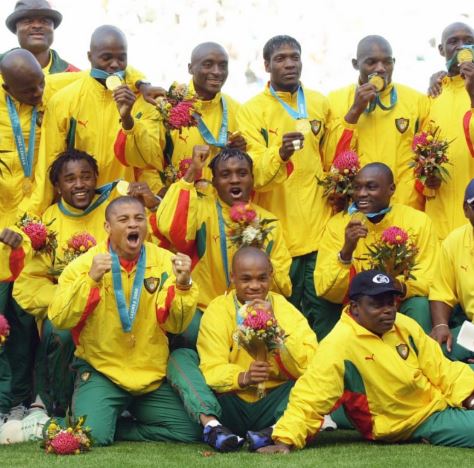“The great enemy of the truth is very often not the lie, deliberate, contrived and dishonest, but the myth, persistent, persuasive and unrealistic “ – John Fitzgerald Kennedy
In a span of just 8 years – from 1985 to 1993 – the FIFA U-17 World Cup was clinched on 3 occasions by African teams. Since then African teams and especially Nigeria, have gone on to enjoy even more success at age-grade world tourneys.
This spell of victories was underscored by two African teams, Nigeria and Cameroon, winning Olympic gold at the football event of consecutive Olympiads.
It is then quite curious that African teams have not been able to replicate the success of their youth teams at the senior levels of the game.
The possible reason for this conundrum has generated an increasing amount of research and is widely discussed at fora ranging from pubs to newspaper stands as well as in the pages of sports publications and news media. Of all the reasons identified as the root cause of arrested development in African football, one recurring theme is the problem “age cheating” and its impact on the continent.
Age cheating is no secret, even to casual followers of African football. The scourge has resulted in a high number of bans and suspensions from tournaments.
The reasons for age cheating are equally obvious and can be laid at the door of greed for short-term results. With disastrous consequences – including short-lived careers and unsustainable growth.
There is however a further impact that is not often considered. Which is the extent to which both actual and perceived age cheating impact on the development of the game across Africa.
The real impact of age cheating is to deny truly talented young players the opportunity to hone their craft at the appropriate stages of their careers – and this is the most obvious effect of age cheating on the development of the game on the continent.
The perceived impact of age cheating, however, is having no less of an impact. This is because the greatest danger that age cheating poses to young talent is actually psychological. The widespread perception of age cheating in sports creates an illusion in the hearts and minds of the youngest players that certain levels of success are unattainable.
The perception of cheating has become so pervasive that is is not uncommon for people to express doubts about the ages of established football stars. The perception that young players are older than they claim can create a mental block for other young players – including the most talented.
The sports authorities and coaches need to dispel this illusion and inspire their wards to rise above an imaginary glass ceiling that age cheating has created.
In the long run, it would be best to require reliable documentation of players and ensure that selected players are in all certainty within the requisite age grades. And above all, to focus on development rather than the win-at-all-costs syndrome.
Who knows, maybe then we will see light at the end of the tunnel, with African teams challenging for honours at the FIFA World Cup rather than – thanks to this greed for glory – at the cadet series.
[In 1991 FIFA renamed the U-16 World Championships competition, first to the FIFA-U17 World Championships and later to the FIFA U17 World Cup – eds]





